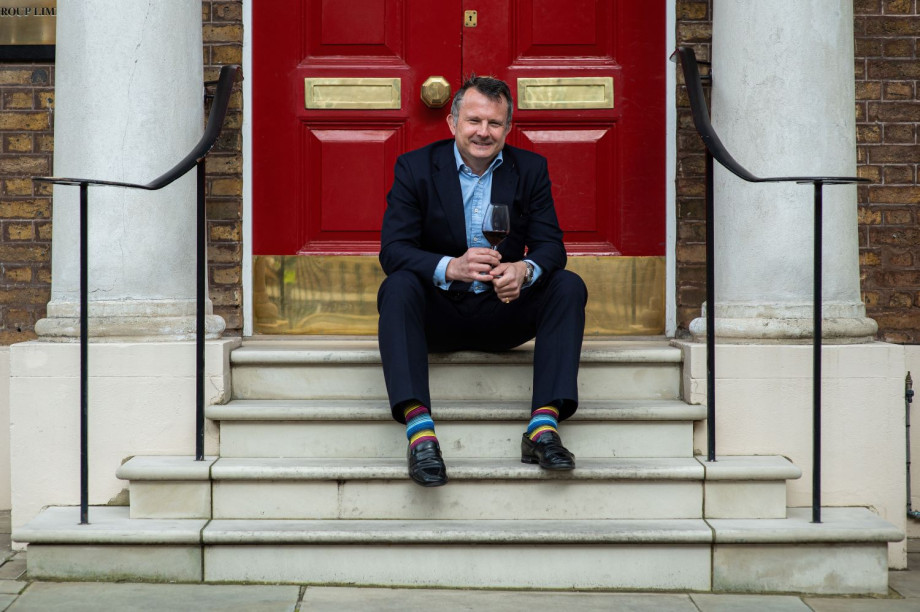Will started his fine wine career as Corney & Barrow's wine shop delivery boy in November 1998, after deciding that he had to be in an industry that he was passionate about. Quickly moving up the ranks, he has been Head of Fine Wine since 2013.
Read the full interview to learn about Will's post-sport refreshment preferences, and his top Barolo and Riesling picks.
Wine Lister: Tell us about your current "house wine".
Will Hargrove: I love the choice and the differences that wine has to offer, so being able to choose just one here is never really possible! But if pushed, it tends to be something I love from a producer that I know. With the sun out at the moment, maybe Nervi Rosato from Conterno, or a Riesling from Thanisch - but really it could be anything made with passion and opinion.
WL: What do you drink when you're not drinking wine?
WH: Post-hockey, it would be a beer. I have two other areas where I can get a bit geeky and obsessed: Negronis and Chartreuse (never on the same night!).
WL: What does "fine wine" mean to you?
WH: It certainly isn’t a price thing. It’s the attitude and lack of compromise that goes into it. The more I think about it, the harder it is to define, but you know it when you have/see/feel it. It can’t be boring. There has to be a moreish-ness to the wine and to the story behind it.
WL: The best restaurant wine list in London?
WH: Really difficult. The place I go to the most, whether taking wine or not, is Noizé. The list is a relatively scruffy document, but Mathieu Germond knows every wine on it. There are plenty of more conventional answers.
WL: What emerging region are you most excited about?
WH: I am going to slightly dodge this by saying a whole batch of regions that stand to gain from warmer weather: Germany, the Jura, the Loire Valley, etc. Having said that, I believe the classic regions will adapt and thrive.
WL: What is your standing on natural wine?
WH: Anything that makes wine more interesting and more diverse is good. So, in principle, I have nothing against it. But - and there had to be a “but” - far too often, what is described as “natural” tastes of its winemaking and naturalness more than its place.
WL: Your go-to wine shop in London?
WH: I love browsing in wine shops, but don’t often buy in them, except when abroad. If it still existed, it’d be the shop we had in Notting Hill when I started at Corney & Barrow in November 1998.
WL: If you could share a glass of wine with one person, dead or alive, who would it be and what would you drink?
WH: Anthony Bourdain and it would be Monfortino 2002. I loved his books and programmes. He clearly had a tortured soul, but he was fascinating. Monfortino as I am Barolo obsessed; the vintage because, like the man, it is an excellent contradiction.
WL: If you weren't working in wine, what would you be doing?
WH: So tricky. My degree was Sports Studies, but there were no jobs it in it back in the late 90s. I’d have loved to be a bookmaker at the big meetings - like Cheltenham, Ascot, Epsom, Liverpool, etc - back before the internet. I’d have gone broke but it would have been fun!
WL: To finish, can you share with our readers one producer to watch?
WH: Just one is a hard ask but I am going to say Weingut A. Christmann from Gimmeldingen in the Pfalz – great Rieslings and Spätburgunders.
